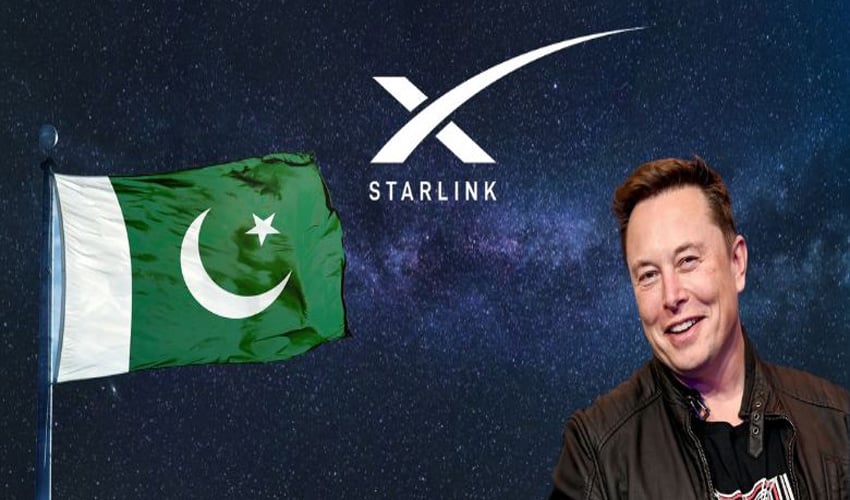Earlier this year, Samsung and Qualcomm announced that they were entering into a partnership for Samsung’s future smartphone lineup. There has been a long history of these two companies collaborating in the past, for instance, Samsung was Qualcomm’s smartphone partner during the time when Snapdragon Pro Series was launched. Unlike previous Galaxy S23 models, Samsung’s upcoming Galaxy S23 series will feature an exclusive chipset that is officially dubbed the Qualcomm Snapdragon 8 Gen 2 Mobile Platform for Galaxy S23.
In spite of the long name of the chipset, Samsung has opted to use a simpler way of reminding consumers of the special chipset powering their new flagship phones, a modified version of the Snapdragon logo, which has been designed to make it more recognizable to consumers. Promo materials will feature it as a part of the campaign. During Samsung’s Galaxy Unpacked Event that is scheduled to take place on February 1st, consumers can expect to see this logo prominently displayed on billboards and across the web, as Samsung’s Galaxy S23 lineup will be officially unveiled at the event. Initially, Samsung will be the only company to be able to use the chipset, at least at launch, and details about the agreement with Qualcomm are not yet clear.
READ MORE: Huawei Mate 50 Series South Africa launch set for February 1
It has already been reported that the specifications of the Galaxy S23 lineup have already been leaked. First of all, the Galaxy S23’s base model has a 6.1-inch high definition plus AMOLED screen with a refresh rate of 120 Hz, and it comes with a FHD+ (2,340 x 1,080) resolution. Despite the fact that the Galaxy S23+ has a larger 6.6-inch screen, the display specifications are the same as those in the Galaxy S23. In terms of its display, the Galaxy S23 Ultra is expected to come with a 6.8-inch QHD+ (3,088 x 1,440) AMOLED screen and a refresh rate of 120 cycles per second.


